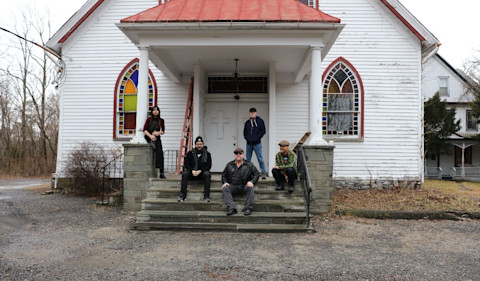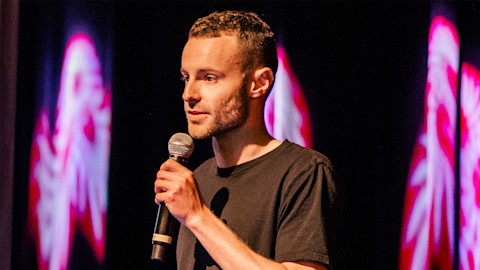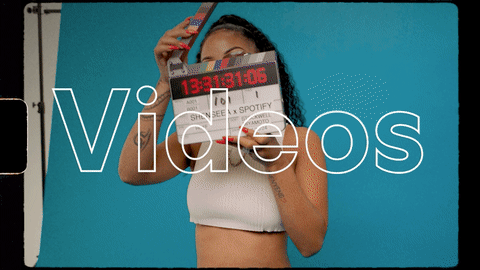Stories
Incorporating Virtual and Augmented Reality into Your Release Strategy

Shaw Walters, CTO of production company Tin Drum, on why pushing technical boundaries when it comes to presenting your music is a no-brainer.
Shifts in technology have changed how we consume music, but it hasn’t yet changed how we experience music. Shaw Walters, Chief Technology Officer of production studio Tin Drum, wants to change that by encouraging artists to push their technical boundaries when considering their next release. Walters—who started his career as a musician—joined us at a recent Spotify for Artists Co.Lab event to discuss the intersection between music and technology and release strategies. We sat with him and dug even deeper to talk holograms, likening musicians are like coders, and how augmented reality is poised to change the music industry for good.
Spotify for Artists: How do you think musicians should be thinking about emerging technologies like virtual and augmented reality when it comes to their releases?
Shaw Walters: I think that augmented reality is going to be everything. I was a musician for a long time and a producer for about four and a half years. And then years ago I saw this AR headset called a Meta. There was this video where you see people playing holographic chess and doing workflows. They’re looking at each other and seeing their Facebook friends. You’re just like, “Oh shit. This is obviously the future.” So as a musician, if you make a great album, that’s very impressive. But how is that going to stack up against a hologram of a musician making a great album? It’s just like the rise of music videos to the point where in certain genres, the music video is worth much more than the album. Especially hip hop culture and viral internet culture, it’s all about the video.
Tell us a little bit about where AR and VR is right now when it comes to music.
I think in a typical music video you’re usually cutting a lot and you’re cutting between the artist singing and then some sort of storyline happening. Right now with AR and VR we’re doing a much more theatrical kind of thing and really borrow more from what you would see on a stage than in a movie. AR is sort of where the early days of film was. They’d just be like, “Okay, let’s just film a train going by. Let’s film a bunch of industry workers getting out.” VR is similar right now. It’s like let’s film Marina Abramovic doing a performance piece for 15 minutes. What’s she going to do? I don’t know. That’s not really my business. That’s her shtick.
VR at Spotify For Artists Co.Lab: Revenue Streams Event
Do you think there’s a difference in the way that you’re approaching live versus a musician’s release? Are you guys handling both? Are you doing live stuff?
Live is the holy grail. Live is really hard, because what happens is you go into this big green room and then they’re going to film you probably each musician at a time. Then after that it’s got to process and it takes a day to process two to five minutes depending on how many people. If you had a whole band, it’d take about a day to process one to two minutes of footage. A live show would take a month. The problem is we’re at this point where we know that it needs to go live. We all want to do what Blade Runner did where you go into this place and it’s a 100 capacity venue but you can go see Radiohead from five feet away because they were there last month. They recorded their performance and now every Friday they’re just playing. We’re not quite there yet.
Is there any way that up-and-coming artists can leverage some of the immersive tech that you’re talking about?
All the software for this stuff is free. Pretty much everything that we build, everything you see in VR or AR is built in one of two game engines: Unity or Unreal. They both have 10 hours of tutorials on a website on how to learn it. I think that there is definitely a learning curve for a lot of people but if you’re a musician you’re already primed to learn this stuff. There’s something about the brain of the kind of person who can sit there and practice for hours and the kind of person who can sit there and learn to code or learn these kind of complex technical mediums. Get your hands dirty with this stuff and then you realize that you’re not just a musician, but that you’re a content creator.
- Spotify for Artists
Spotify for Artists helps you to develop the fanbase you need to reach your goals.
video
How Julia Wolf Made It



